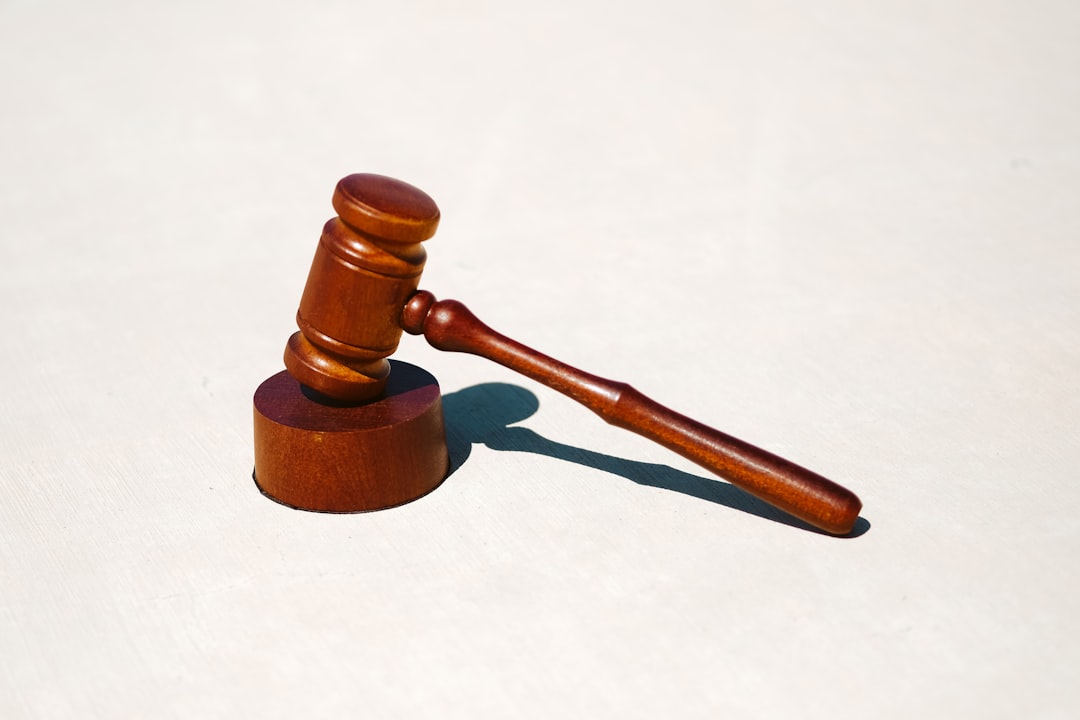Massage therapy practitioners in San Francisco, CA face severe legal repercussions for abuse or misconduct, with potential fines and license revocation due to strict health and safety codes. Hiring a specialized massage abuse lawyer in San Francisco is crucial for navigating these laws, protecting rights, and ensuring justice. The emotional impact on practitioners from professional settings trauma can lead to mental health conditions, hindering career sustainability. In the competitive Bay Area wellness scene, establishing robust support systems through mandatory training, open dialogues, and collaboration with legal experts like massage abuse lawyers is paramount to create a safe work environment for therapists.
In the serene setting of spas, an unsettling reality lurks: massage abuse. This pervasive issue impacts practitioners in San Francisco, where laws against sexual misconduct are stringent but complex. The legal implications and psychological scars on therapists demand attention. This article delves into the consequences, exploring San Francisco’s legal framework and its effects, the emotional trauma faced by professionals, and the critical importance of support systems to protect and empower therapists within the Bay Area community, with a focus on potential courses of action for victims and preventative measures.
Key keywords: massage abuse, lawyer San Francisco CA
The Legal Implications of Massage Abuse: A Look at San Francisco's Laws and Their Impact
In the event of massage abuse, legal implications can have significant consequences for practitioners in San Francisco, CA. The city has stringent laws in place to protect clients and ensure ethical practices within the spa industry. A massage therapist or owner found guilty of abuse or misconduct may face severe penalties, including fines and license revocation. According to San Francisco’s health and safety codes, spas and massage businesses are required to maintain a safe environment for their clients, adhering to strict standards of practice. Any violation of these codes can result in legal action against the practitioner or establishment.
Hiring a qualified massage abuse lawyer in San Francisco is crucial if you’re facing allegations or investigating a case. These legal professionals specialize in navigating the complex laws surrounding massage therapy and can provide guidance tailored to the specific circumstances. They help ensure that rights are protected, and justice is served, while also offering support to victims who have experienced abusive practices. Understanding the legal landscape is an essential step for practitioners to mitigate risks and maintain a professional and ethical spa environment.
Psychological and Emotional Consequences for Practitioners: Recognizing and Overcoming Trauma
The psychological and emotional toll on spa practitioners who experience abuse, especially in a professional setting like San Francisco spas, cannot be overstated. Trauma from massage abuse can lead to anxiety, depression, and post-traumatic stress disorder (PTSD). These mental health issues can significantly impact a practitioner’s ability to work, interact with clients, and maintain personal relationships. Many victims may struggle internally for extended periods, often out of fear or shame, which can exacerbate their conditions.
Recognizing and overcoming this trauma is crucial for practitioners’ well-being and career longevity. Seeking support from mental health professionals specializing in trauma is an essential step. Additionally, building a strong support network within the spa industry or through local therapist groups in San Francisco can provide much-needed assistance. Practitioners should also be encouraged to set boundaries, assert themselves, and report any incidents of abuse to relevant authorities or management to prevent further harm.
Preventive Measures and Support Systems: Protecting Therapists in the Bay Area Community
In the vibrant and competitive wellness industry of San Francisco, therapists must be vigilant against potential spa abuse. Preventive measures are paramount to protect practitioners from malicious actions, including emotional manipulation, sexual harassment, or even physical assault. The Bay Area community has a responsibility to establish robust support systems for these professionals. This can be achieved through mandatory training programs that educate therapists on recognizing and reporting abusive behavior, as well as fostering open dialogues about industry standards and ethics.
Local initiatives should involve collaboration between wellness establishments, law enforcement agencies, and legal experts like massage abuse lawyers in San Francisco CA. By implementing robust reporting mechanisms and strict code of conduct policies, the community can ensure a safe and respectful work environment for therapists. Additionally, peer support networks and confidential counseling services specifically tailored to these professionals will go a long way in mitigating the consequences of spa abuse.





